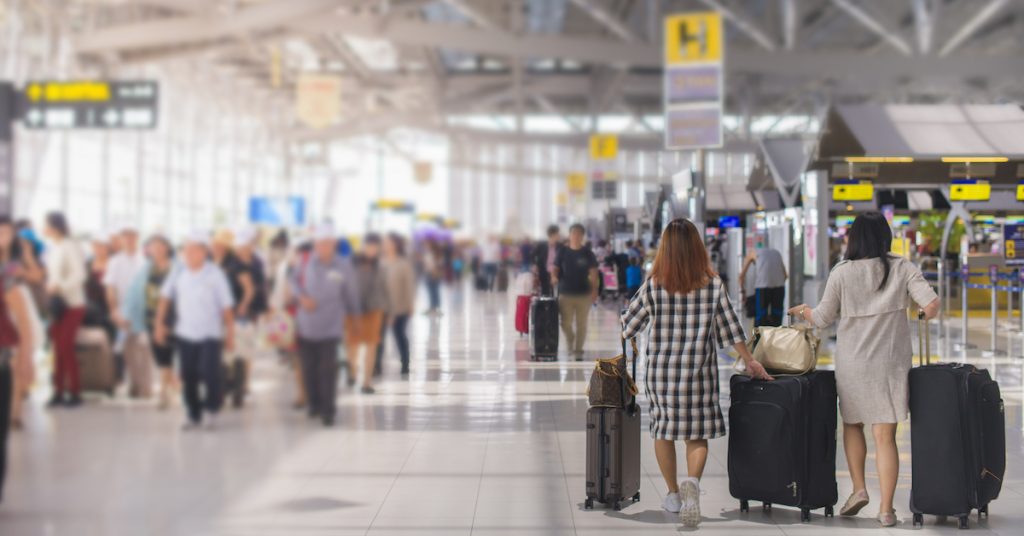The UK government has unveiled new rules to address the issue of drip pricing in various sectors. Despite this, optional airline fees, including seat selections and baggage upgrades, will remain unaffected and exempt from these measures.
The Department for Business and Trade (DBT) outlines measures targeting hidden fees, fake reviews, and price transparency. Mandatory fees must be shown upfront during the checkout process. Yet, airline-specific optional charges will not adhere to these proposed changes.
Understanding Drip Pricing
Drip pricing presents an initial lower price to consumers, with additional fees added throughout the purchase process. This practice is prevalent in over half of the entertainment and hospitality sectors, with transport and communication sectors affected even more significantly.
Consumer advocates have long raised concerns over drip pricing. Which?, a consumer rights organisation, has pushed for greater transparency. They argue that consumers should see the full cost of goods or services at the outset, avoiding sudden price inflations during checkout.
Exemption of Airline Fees
Despite the crackdown on drip pricing, airlines’ optional fees are not included in the new rules. This includes charges for seat assignments and baggage upgrades, which remain optional and thus excluded from mandatory pricing disclosures.
No specific reason was publicly provided for the exclusion of airline fees. However, the DBT continues to explore further consumer protection measures within its Digital Markets, Competition and Consumer Bill.
Impact on Consumers and Businesses
The absence of airline fees in these new rules means consumers may continue encountering unexpected charges when booking flights.
For businesses, the new guidance aims to eliminate unavoidable hidden fees, benefiting consumer trust and satisfaction. The DBT intends to ensure businesses adhere to transparent pricing strategies, enhancing fairness in the marketplace.
While the focus is on mandatory fees, debates around the inclusion of optional charges persist. Businesses and consumer bodies engage in ongoing discussions to reach a consensus.
Addressing Fake Reviews
Alongside pricing transparency, the government targets fake reviews within digital marketplaces. The new rules aim to enhance accountability, holding website hosts responsible for ensuring review authenticity.
The Competition and Markets Authority, in collaboration with the DBT, plans to develop guidance for these sectors. The emphasis is on fostering honesty and ensuring consumers trust online reviews.
Reformation of the Price Marking Order
The Price Marking Order (PMO), a piece of retained EU legislation, is also under reform. It requires clear final selling price displays, promoting transparency.
This legal framework hasn’t been updated in decades, prompting calls for modernisation. The revisions are deemed necessary to align with contemporary shopping habits.
By addressing inadequacies in the existing PMO, the government aims to strengthen consumer rights across various retail sectors.
Government’s Stance and Future Directions
Minister Kevin Hollinrake has emphasised consumer protection as a priority for the government. The goal is to streamline shopping processes, eliminating confusion and potential financial pitfalls.
By addressing drip pricing, fake reviews, and price clarity, the government seeks to foster a competitive and fair market.
Authorities are encouraged to continue evaluating and refining consumer protection measures, ensuring these initiatives meet evolving market needs and consumer expectations.
Consumers are encouraged to remain vigilant despite new regulations as optional airline fees remain unaddressed.
The government’s commitment to transparent pricing and consumer protection signals a promising future for fair economic practices.

